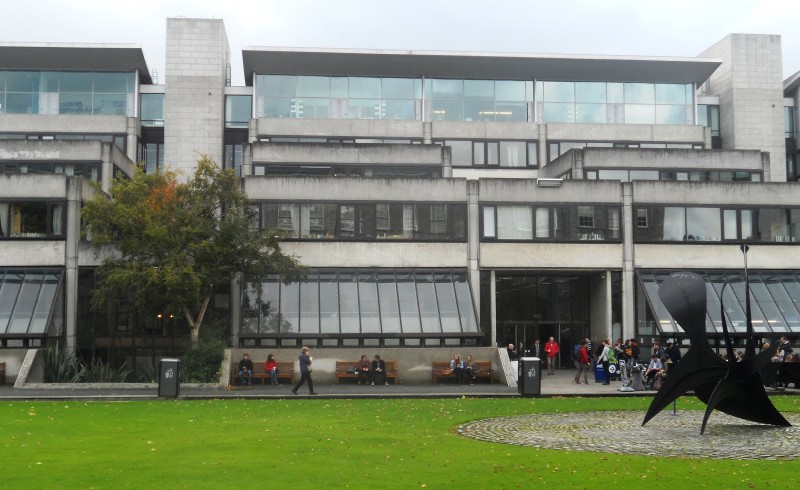Sineád Baker | Editor-at-Large
Concern has been expressed about the future of the ability of the School of Social Work and Social Policy to maintain its current standard of teaching in relation to worries about filling current and vacant staff positions and issues with its financial position.
The University Times understands that the school, which offers two undergraduate and six postgraduate programs, has six members of staff scheduled to retire in the next few years, which will leave the school critically understaffed. An external review of the school conducted in 2013 has warned that, unless the staffing problem is fixed, the recent staffing crisis “will be a tipping point in significantly reducing the quality of both the research and teaching activities of the school”.
Speaking to The University Times, however, a College spokesperson said that “the school is not expected to be understaffed in the next four years” and that it would not comment on future staffing levels ‘in the interest of staff confidentiality’.
According to the quality review, the usual practice in most universities is to replace senior staff with a junior position but, within Trinity, standard practice is to replace one position after three members of staff have retired. The review, which was undertaken by external reviewers between the 4th and 6th of November 2013 and was detailed in an internal memorandum circulated in college on 14th March 2014, expresses concern that, due to the small size of the school, this practice will endanger the ability of the school to continue to teach effectively.
Research staff within the school have also expressed concerns about the decline in the number of research centres and projects undertaken by the school, and felt that their expectations for continuing work and the possibility of teaching posts were not being met. The review of the school found that there is a perception within the school that, compared to other schools and “probably the College itself”, it has been particularly ‘hard-hit’ by recent budgetary cuts.
The review also found that, although students report a high level of satisfaction with the school, facilities the within the school are ‘sub-optimal’ for students, that PhD students are not provided with adequate financial support and that students are not able to take full advantage of placements due to non-subsidised high costs for living elsewhere and for transport. The review determined that this was due financial constraints facing the school, and that this will have a negative impact on the drive to attract more international students to the school. The report also found that the faculty faces issue with space, and recommended negotiating with other faculties for more space, or to introduce teaching during evenings or weekends.
The University Times understands that the school requested a new assistant professor to work with the school for the period between 1st September 2014 until the 31st August 2019 however this request could not be facilitated by the faculty.
With regards to the future of the school, the quality review urged that “The school needs the support of the Faculty and College to generate and articulate a clear vision and strategic plan, accompanied by a clear work plan of actions to be taken, over the coming few years, designed to get the school moving in the direction it needs to go to survive and grow”.







